Struggling to get customers to type long URLs from your marketing materials? This common issue can lead to lost traffic and reduced engagement. In today’s fast-paced world, ease of access is crucial.
That’s where URL QR codes come in. They seamlessly connect offline and online experiences, guiding users to your website, event registration, or product pages with a quick scan.
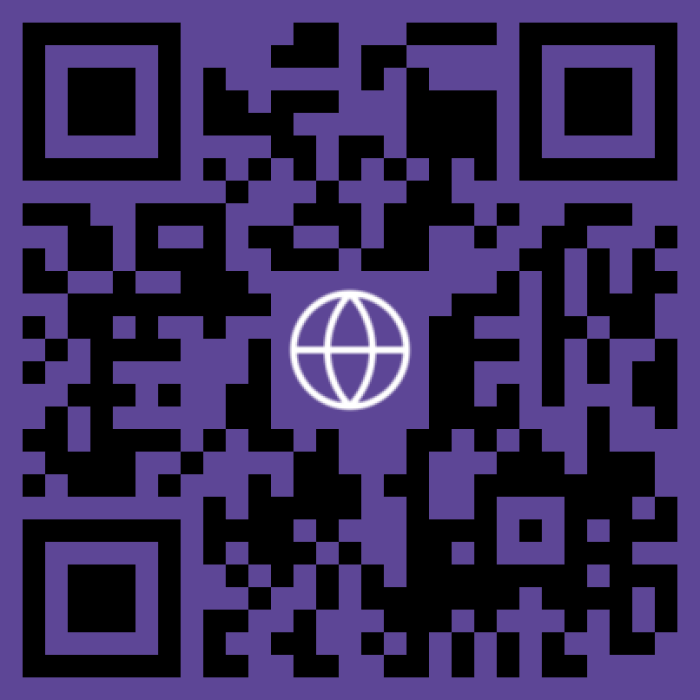
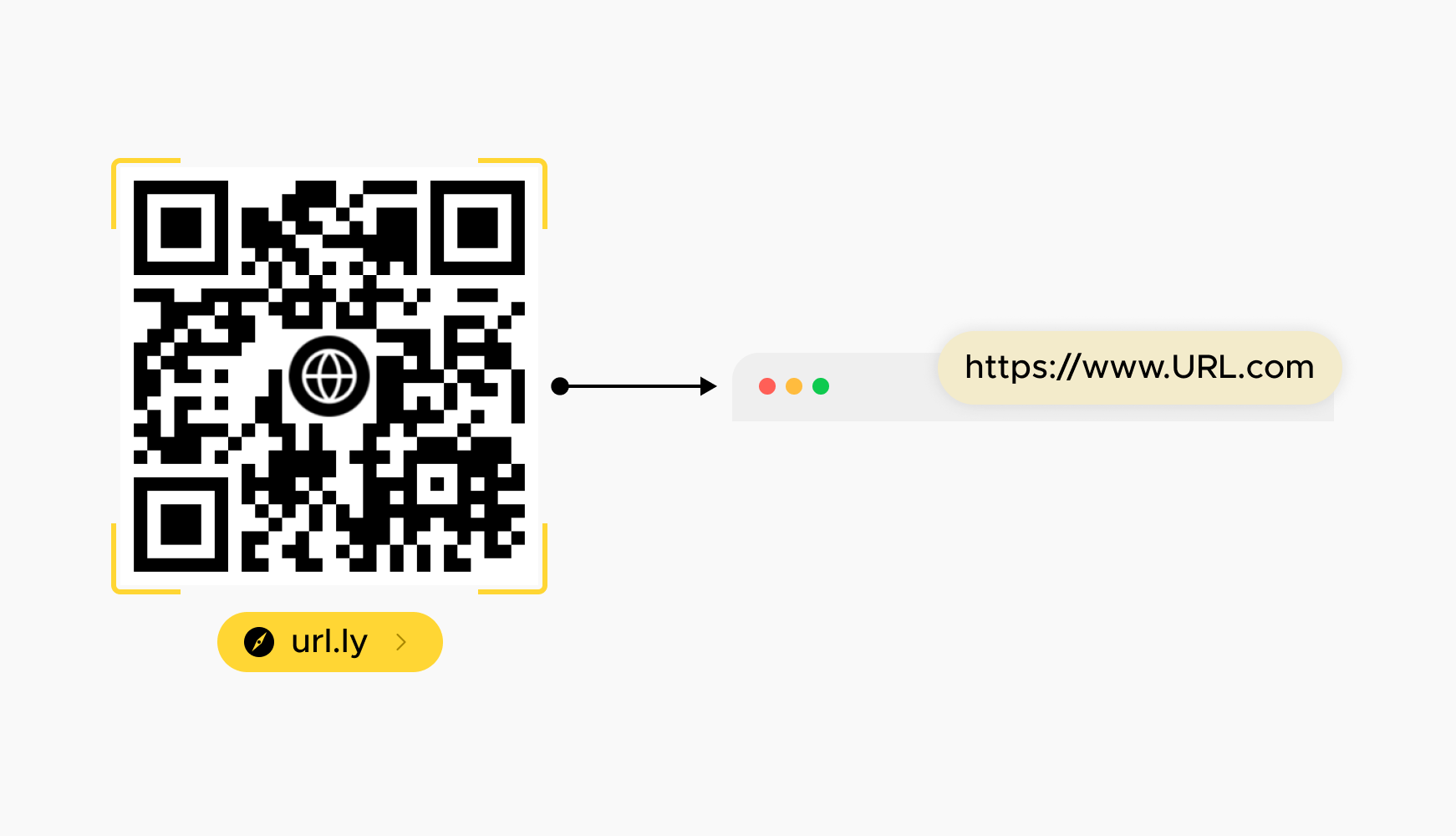
URL QR codes provide users with an immediate gateway to online content, eliminating the need to manually type lengthy web addresses. This seamless access not only saves time but also significantly reduces the likelihood of errors that can occur when entering URLs. For example, a customer scanning a QR code on a product package can be instantly directed to a detailed instructional video or a user manual, enhancing their overall experience.
Sharing information accurately and efficiently is a crucial aspect of any communication strategy. URL QR codes simplify this process by encoding web addresses into a scannable format, ensuring that users reach the exact destination intended by the sender. This eliminates the risks associated with miskeyed URLs or misdirected links. Whether it's a business card directing a potential client to a professional portfolio or a flyer leading attendees to an event registration page, URL QR codes ensure that the information is distributed correctly and effortlessly.
URL QR codes can significantly boost the effectiveness of marketing campaigns. By embedding QR codes into promotional materials such as flyers, posters, and business cards, businesses can drive traffic to their websites or specific landing pages. This direct call-to-action not only increases the likelihood of conversions but also enhances the overall reach of the campaign. For instance, a QR code on a restaurant menu could lead to an online ordering system, making it easy for customers to place orders directly from their smartphones.
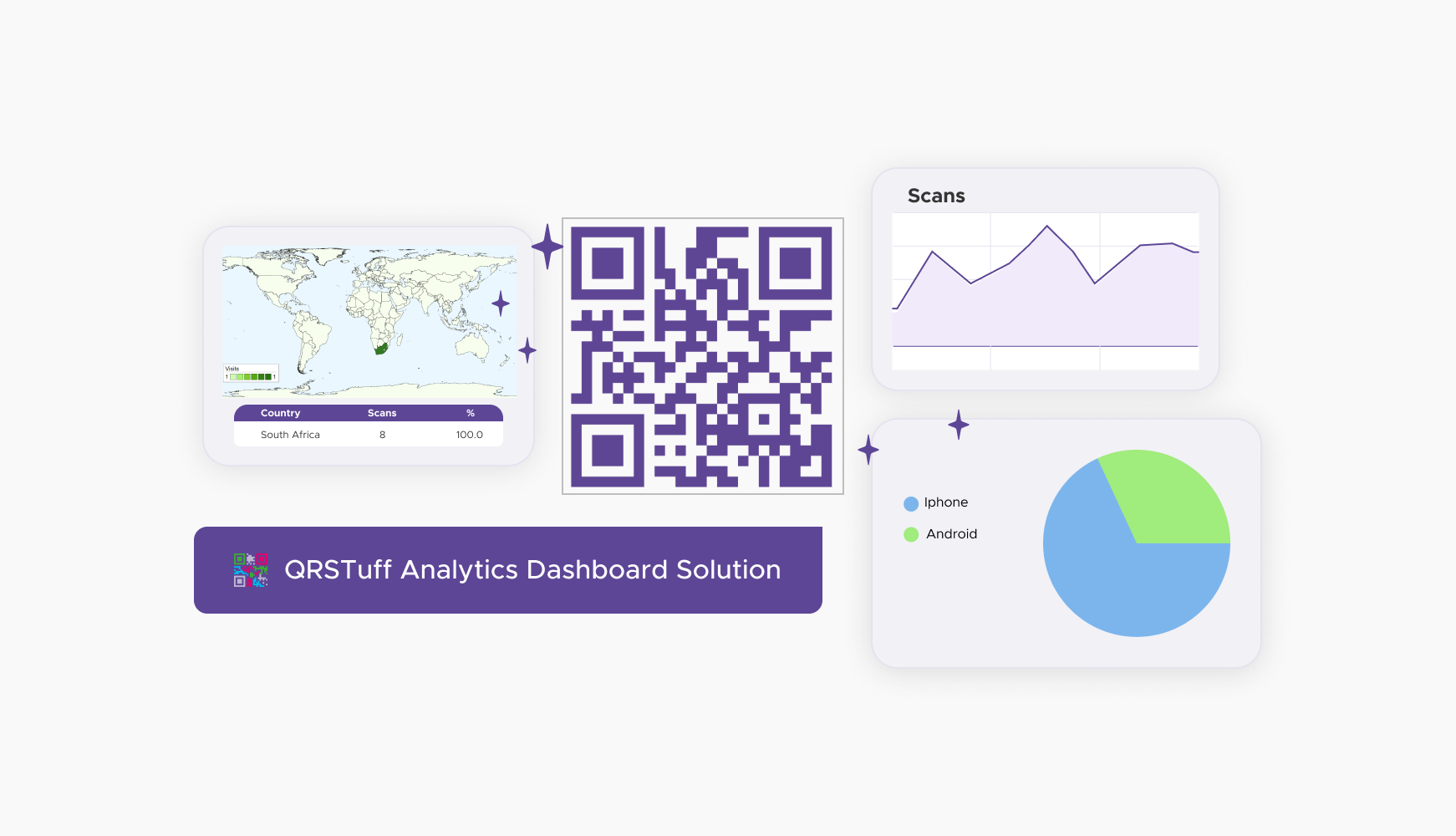
URL QR codes come equipped with tracking capabilities that provide valuable insights into user interactions. By monitoring the number of scans, geographic locations, and the devices used, businesses can gather data to analyze the performance of their campaigns. This information helps in understanding user behavior and refining marketing strategies for better results. For instance, a retailer can track which promotional materials are generating the most traffic and adjust their marketing efforts accordingly.
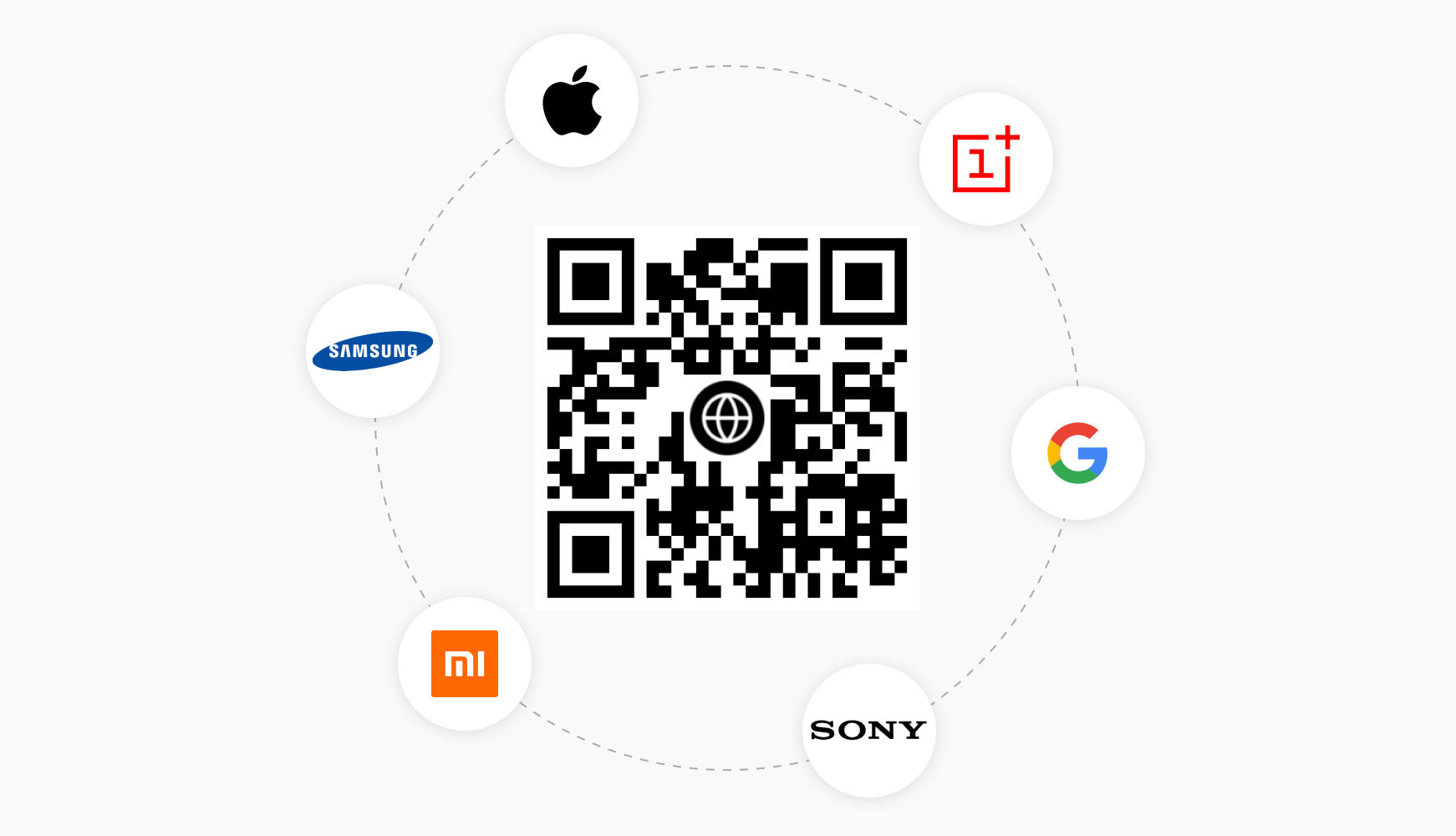
URL QR codes are universally compatible with all smartphone devices, making them accessible to a wide audience. This cross-platform functionality ensures that users, regardless of the operating system or device they use, can easily scan the code and access the linked content. This inclusivity broadens the reach of your information, ensuring that no user is left out due to technological limitations. For example, a QR code on a museum exhibit can be scanned by visitors with any smartphone, providing them with additional information and enriching their experience.
Ready to discover how QR codes can transform your business?
Start by creating your custom QR Code today
In the realm of event promotions, URL QR codes can be a game-changer. Event organizers can place these codes on posters, flyers, and banners to direct potential attendees to online registration pages, event agendas, or ticket purchasing websites. This simplifies the process for users, allowing them to quickly access all the necessary information and take immediate action. For instance, a concert flyer with a QR code can lead fans directly to a ticketing page, reducing the hassle of navigating through multiple websites.
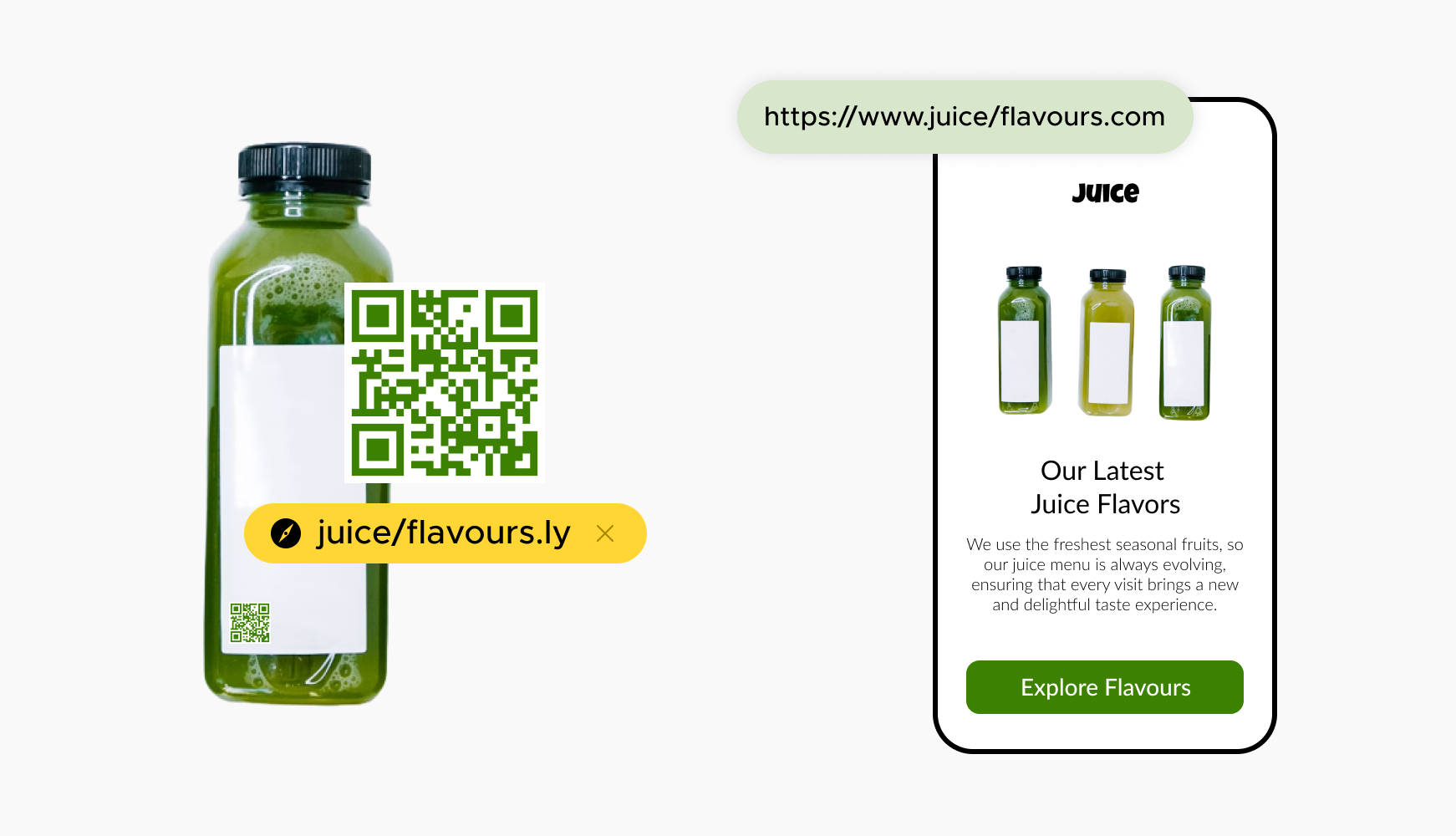
URL QR codes on product packaging offer customers a seamless way to access additional product information and enhance their overall experience. By scanning the QR code, customers can be directed to instructional videos, detailed product manuals, or exclusive promotional offers. For example, a QR code on a new gadget's packaging can lead users to a setup tutorial, making it easier for them to get started. This not only improves customer satisfaction but also reduces the need for extensive printed instructions.
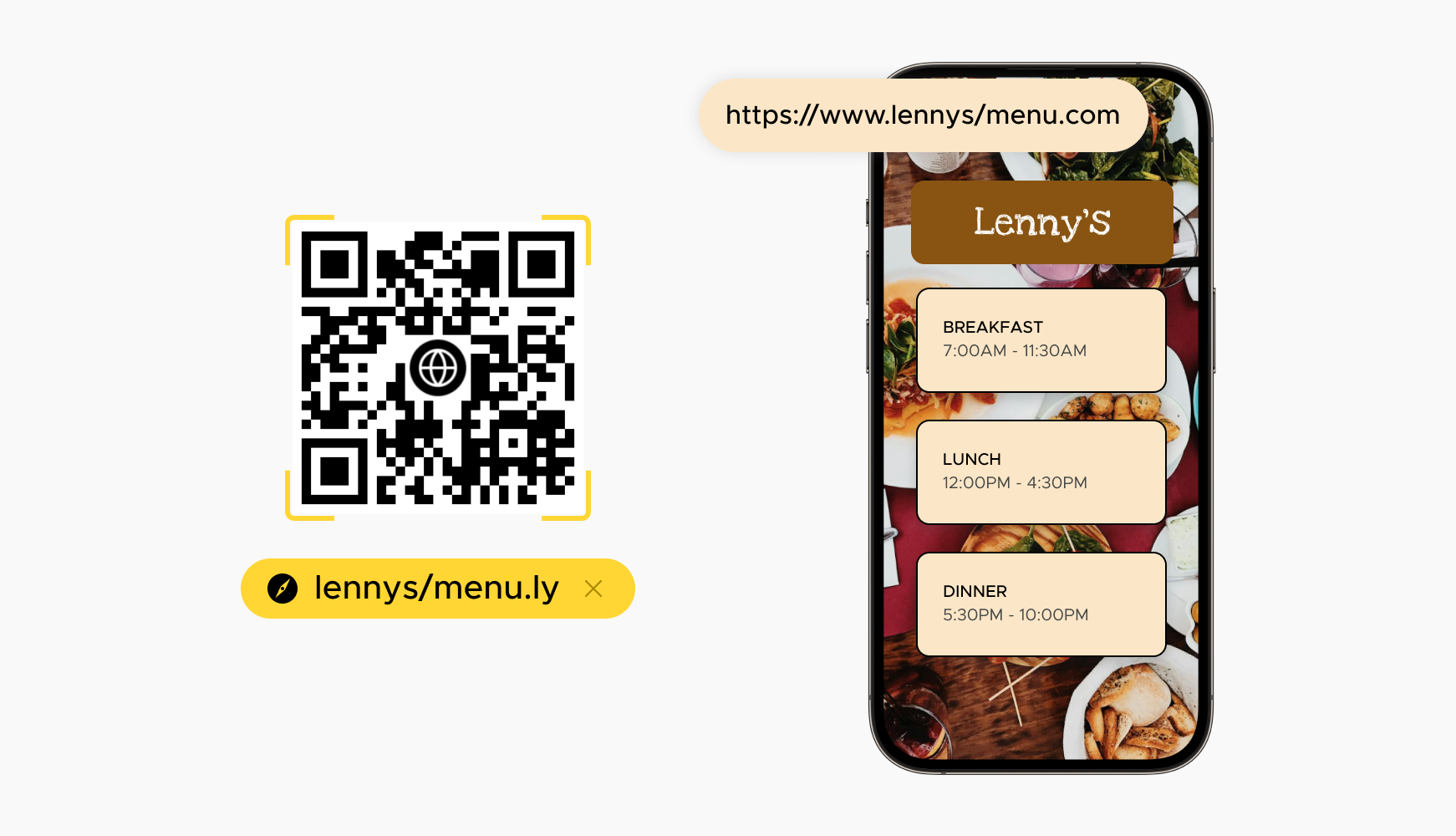
In the hospitality industry, URL QR codes can revolutionize the dining experience. Restaurants can place QR codes on table , menus, or placemats to link customers to digital menus, online ordering systems, or feedback forms. This not only enhances convenience for customers but also streamlines operations for the restaurant. For instance, diners can scan a QR code to view an updated menu, place their orders directly from their smartphones, or leave feedback after their meal. This digital approach reduces physical contact, which is especially important in maintaining hygiene standards, and provides a modern, efficient dining experience.
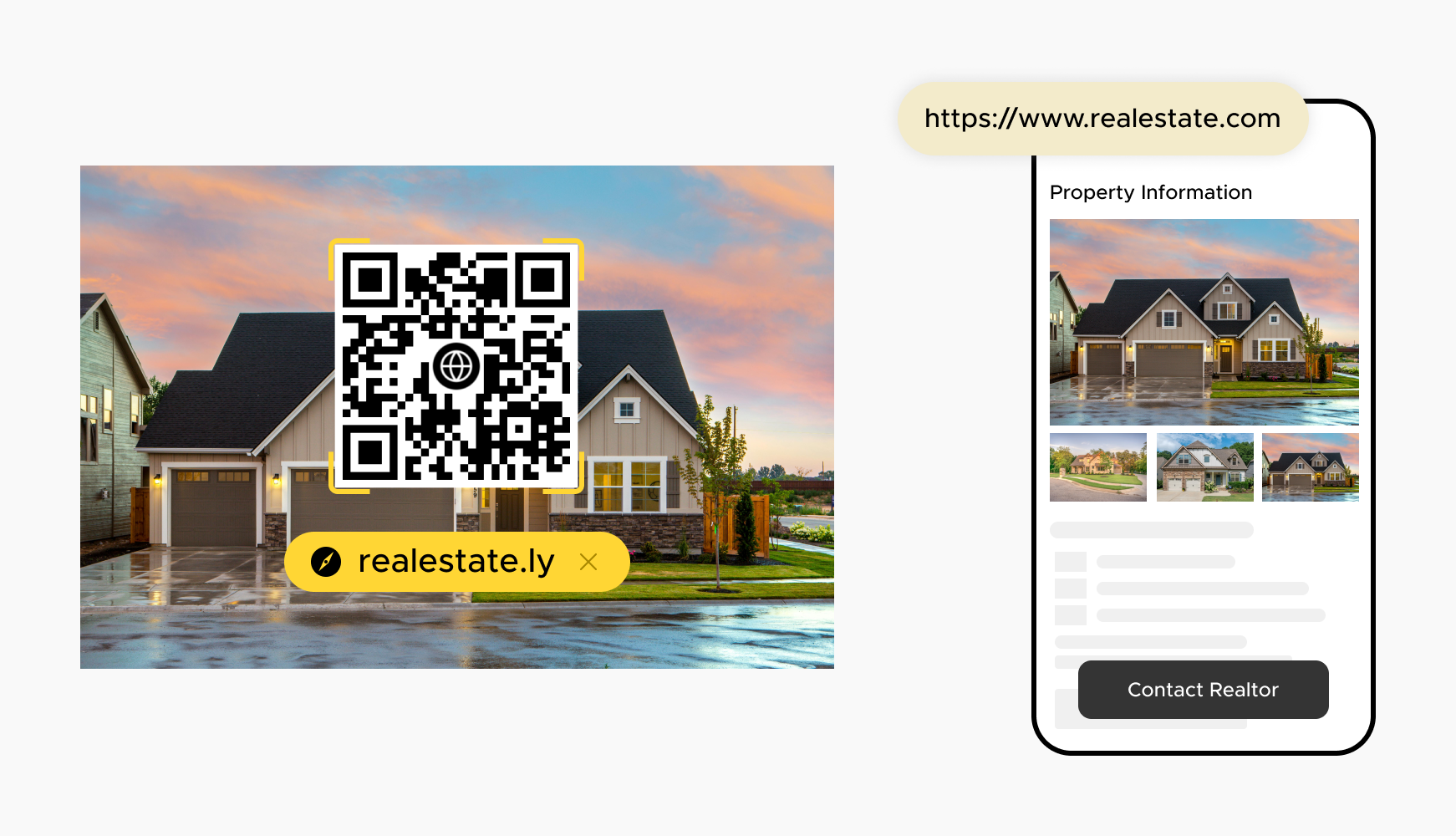
For real estate professionals, URL QR codes can be a powerful tool to engage potential buyers and renters. Including QR codes on property signage, brochures, or advertisements can direct interested parties to detailed online listings, virtual tours, or contact pages for agents. This provides an easy and interactive way for prospects to gather more information about a property. For example, a QR code on a "For Sale" sign can lead to a virtual home tour, allowing potential buyers to explore the property remotely. This saves time and attracts more qualified leads by providing immediate access to comprehensive property details.
In educational settings, URL QR codes can greatly enhance learning by providing students with easy access to supplementary resources. Teachers can add QR codes to textbooks, handouts, or classroom displays, linking students to additional online content such as videos, interactive exercises, or assignments. For instance, a QR code in a science textbook could lead to a video demonstration of an experiment, offering a visual aid to complement the written content. This integration of digital resources supports diverse learning styles and encourages independent study, making education more engaging and effective. Additionally, educators can update the linked content to ensure it remains current and relevant.
Select a reliable QR code generator like QRStuff, which offers a range of features to create dynamic and customizable QR codes suited for your business needs.
Ready to discover how QR codes can transform your business?
Start by creating your custom QR Code today
Select the appropriate type of QR code for your needs. Such as a the URL type to direct users to the desired URL.

Add customization to your QR code, such as your server's logo, colors, or other branding elements, to make it visually appealing and recognizable.

Before distributing your QR code, test it with multiple devices to ensure it directs to the intended place.

Print your QR code on various materials, such as business cards, posters, flyers, or merchandise, to make it easily accessible to your target audience.

Use QRStuff’s dashboard to track the performance of your QR codes. Collect feedback and measure the success of each code, allowing you to optimize their use and improve customer engagement.

Placing the QR code in a prominent and easily accessible location is essential for maximizing its usage. Avoid areas with excessive text or clutter, as these can make the QR code less noticeable and harder to scan. Instead, position the QR code where it can catch the viewer’s eye immediately, such as at the top of a flyer, the center of a poster, or on a product label where it stands out. Clear visibility ensures that users can quickly identify and scan the QR code without any confusion or effort. This practice enhances the likelihood of engagement and makes it easier for your audience to access the linked content.
To ensure users understand how to use the QR code, include a brief explanation or an icon that indicates the QR code can be scanned with a smartphone. Simple instructions like “Scan with your smartphone camera” or an image of a phone scanning a QR code can be very effective. This is especially important for audiences who may not be familiar with QR codes. Clear instructions help demystify the process and encourage users to engage with the QR code, thereby increasing the overall effectiveness of your QR code implementation. Providing guidance eliminates uncertainty and makes the scanning process more intuitive.
Given that most QR code scans are performed using smartphones, it’s crucial that the URL linked to the QR code leads to a mobile-friendly webpage. Ensure that the destination page is responsive, loads quickly, and offers an excellent user experience on mobile devices. Pages that are not optimized for mobile can frustrate users, leading to high bounce rates and reduced engagement. By providing a seamless mobile experience, you make it easier for users to interact with your content, whether it’s reading information, making a purchase, or signing up for an event. Mobile optimization is key to maintaining user interest and maximizing the effectiveness of your QR code.
For some basic QR code needs, you can use our free generator. However, certain advanced features, like creating URL QR codes or embedding dynamic content, require a subscription.
A subscription unlocks advanced features tailored to URL, including dynamic QR codes that allow real-time updates, detailed scan analytics to track customer engagement, and customization tools to align QR codes with your branding. These features help improve efficiency, enhance customer experiences, and strengthen your business's overall impact. See the full list of features associated with each subscription here.
You can reach out to us at support@qrstuff.com for assistance. Free users receive email support with responses typically provided within 12–24 hours. Subscribers enjoy priority support via email, phone, or live chat for faster resolutions. To help us assist you efficiently, please include your account details, QR code ID, and a brief description of the issue when contacting support.